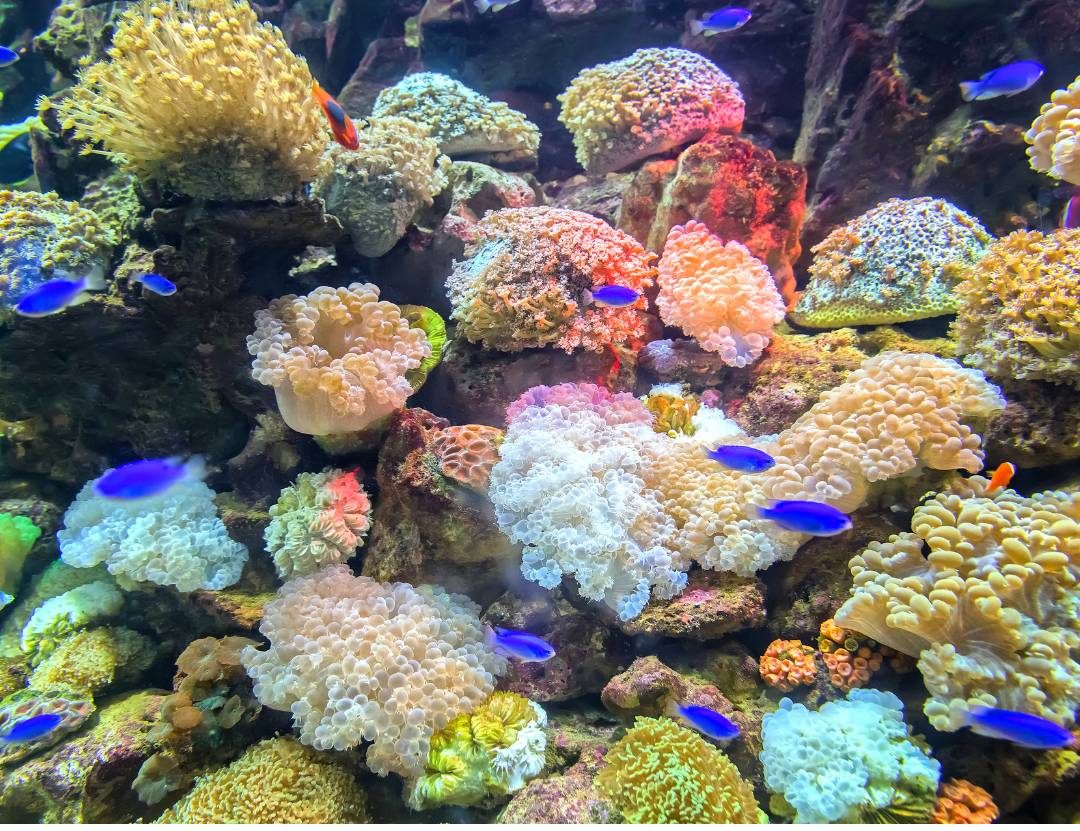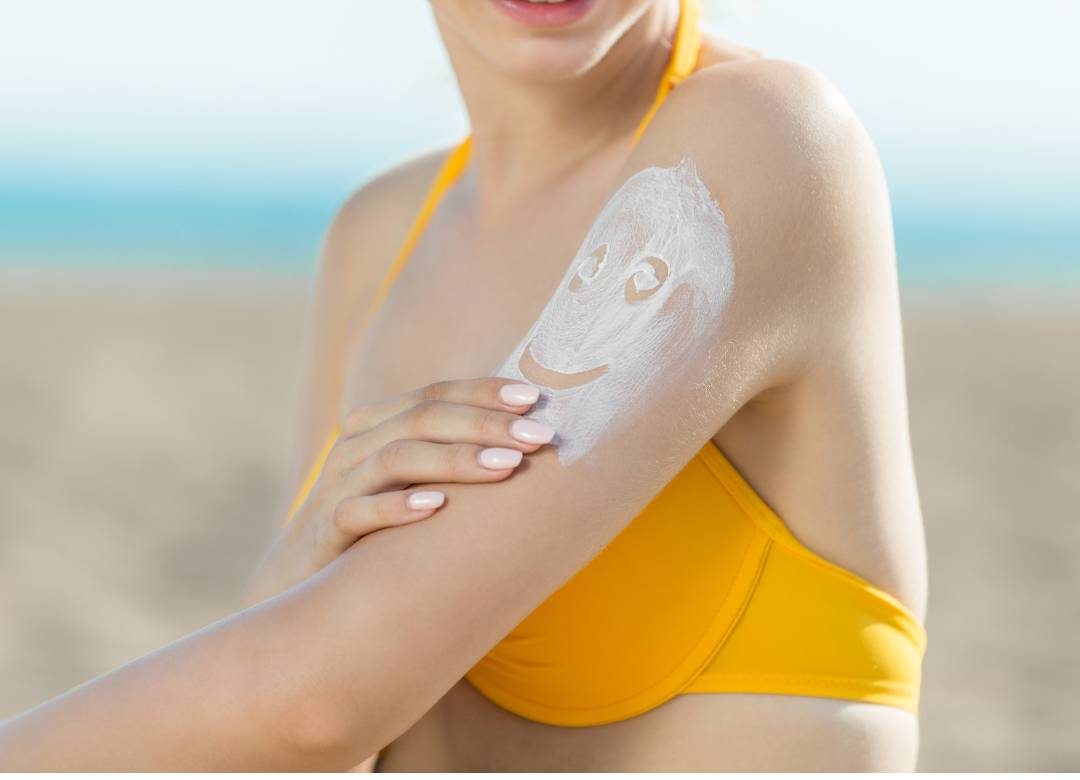The smell of summer

When I think of summer, I immediately have the smell of sun cream in my nose. Smells have the power to catapult us back to the past in the blink of an eye. But now to today's topic on the occasion of this pre-summer hot weekend: sun cream. We need sunlight to build up vitamin D - around a third of the population has a vitamin D deficiency - but too much of it can be very harmful.
 Sunbathing in moderation is supposed to be healthy - this contradicts the assumption that it leads to an increased risk of skin cancer. Sunbathing is said to help against a variety of diseases and the many benefits are said to far outweigh the number of skin cancers, according to a Swedish study by Karolinksa University Hospital, in which researchers followed over 30,000 women for 20 years. The most important conclusion: sun worshippers lived longer and died much less frequently from cardiovascular diseases. Smokers who enjoyed sunbathing had no health disadvantages compared to non-smokers who avoided the sun.
Sunbathing in moderation is supposed to be healthy - this contradicts the assumption that it leads to an increased risk of skin cancer. Sunbathing is said to help against a variety of diseases and the many benefits are said to far outweigh the number of skin cancers, according to a Swedish study by Karolinksa University Hospital, in which researchers followed over 30,000 women for 20 years. The most important conclusion: sun worshippers lived longer and died much less frequently from cardiovascular diseases. Smokers who enjoyed sunbathing had no health disadvantages compared to non-smokers who avoided the sun.
However, according to another study, even 5 sunburns before the age of 20 increase the risk of skin cancer in white women by 80 percent. Using the right sunscreen is therefore an essential preventive measure against skin cancer.
Conventional versus organic sun creams
Chemical UV filters enter the bloodstream
We strongly advocate organic sunscreen. Why? Conventional sunscreen contains chemical UV substances that can be harmful to health. Some can trigger allergies, others behave like hormones in the body. This happens because these filter substances penetrate the skin barrier and enter the human bloodstream. UV filters have been detected in human blood and even in breast milk in excessively high doses. There is also a suspected link between reduced fertility and the chemical UV filters. The impairment of the function of human sperm was proven in a Danish study.
... And into the sea
 The American Maritime Administration estimates that 14,000 tons of sunscreen end up in the sea worldwide every year and remain there because the chemical UV filters are poorly soluble in water. In some sunscreen products Octocrylene, Oxybenzone (sometimes also declared under Benzophenone-3 on the list of ingredients) and/or Octinoxate chemicals that researchers believe are partly responsible for coral mortality. As a result, certain chemical substances have been banned in some countries (such as Thailand and Haiwai).
The American Maritime Administration estimates that 14,000 tons of sunscreen end up in the sea worldwide every year and remain there because the chemical UV filters are poorly soluble in water. In some sunscreen products Octocrylene, Oxybenzone (sometimes also declared under Benzophenone-3 on the list of ingredients) and/or Octinoxate chemicals that researchers believe are partly responsible for coral mortality. As a result, certain chemical substances have been banned in some countries (such as Thailand and Haiwai).
Studies in scientific circles are also discussing whether it could also be harmful to us humans. They are suspected of being potentially carcinogenic and endocrine disruptors, but long-term studies on their effectiveness are lacking.
The "Coral Reef Friendly" label means that companies have committed to omitting those ingredients in their production that have a negative effect on the underwater world.
Organic sun creams use mineral UV filters
 These work like mini mirrors and reflect the sunlight on the skin. Mineral UV filters with titanium oxide and zinc oxide form a protective layer on the skin and do not penetrate the skin barrier. The disadvantage is "whitening", i.e. a white layer on the skin. To counteract this, the mineral particles have become smaller and smaller in recent years, sometimes in nano-size. It has not yet been fully clarified whether these nanoparticles can penetrate the skin barrier.
These work like mini mirrors and reflect the sunlight on the skin. Mineral UV filters with titanium oxide and zinc oxide form a protective layer on the skin and do not penetrate the skin barrier. The disadvantage is "whitening", i.e. a white layer on the skin. To counteract this, the mineral particles have become smaller and smaller in recent years, sometimes in nano-size. It has not yet been fully clarified whether these nanoparticles can penetrate the skin barrier.
You should therefore opt for environmentally friendly, nanoparticle-free sun protection products, which unfortunately are not available everywhere.






